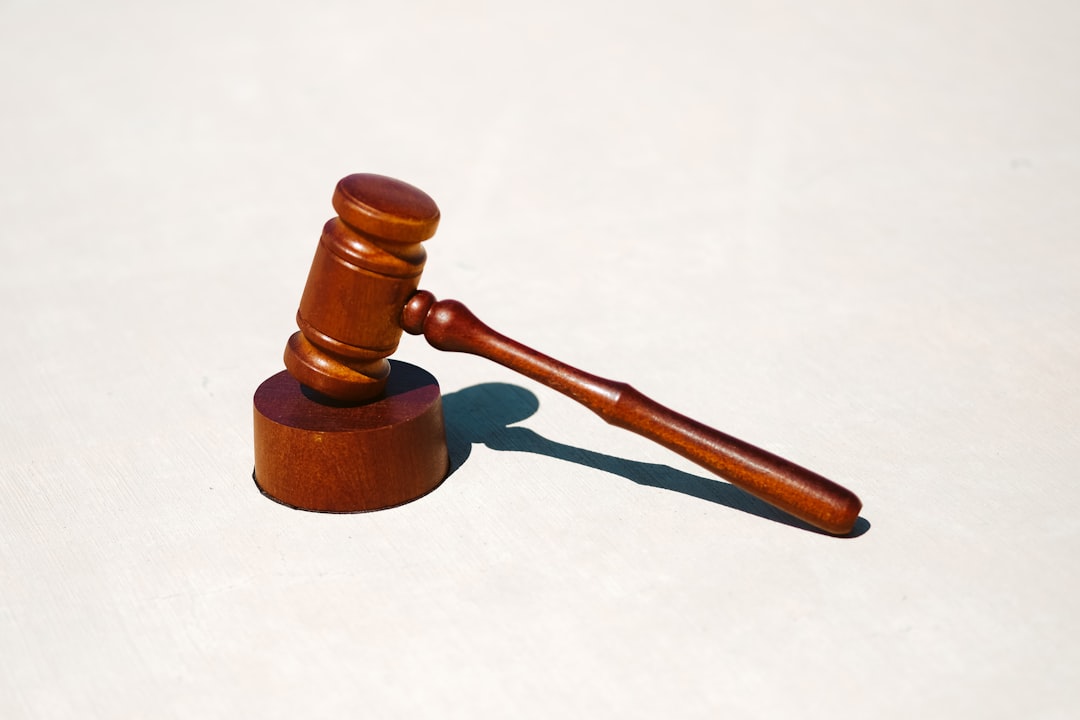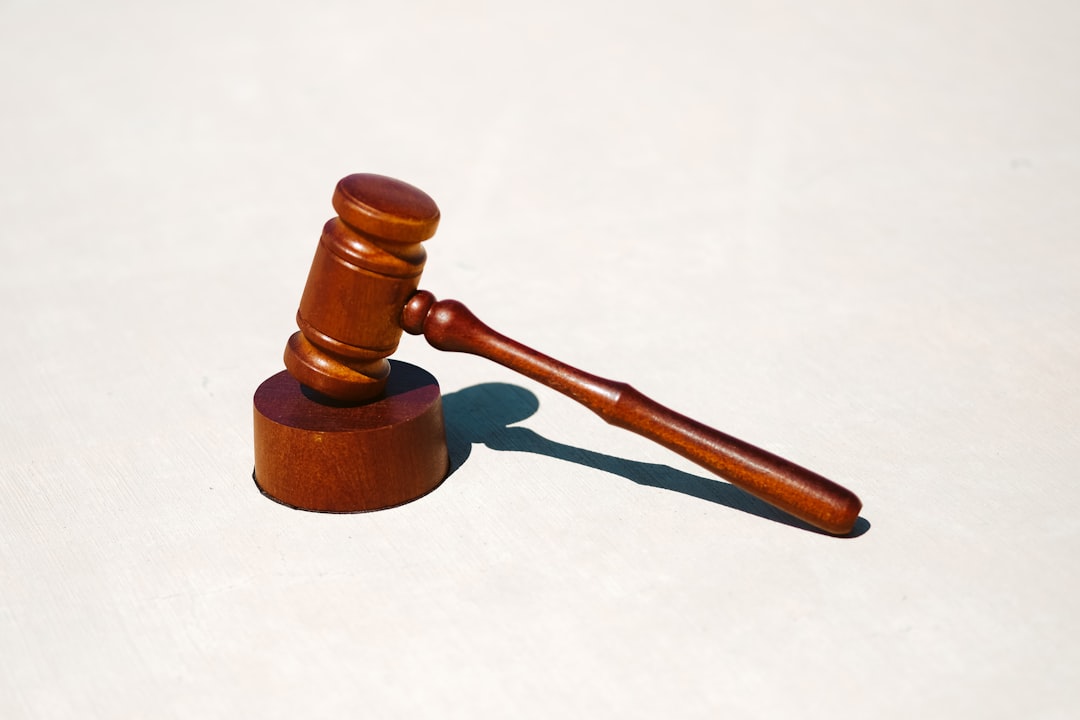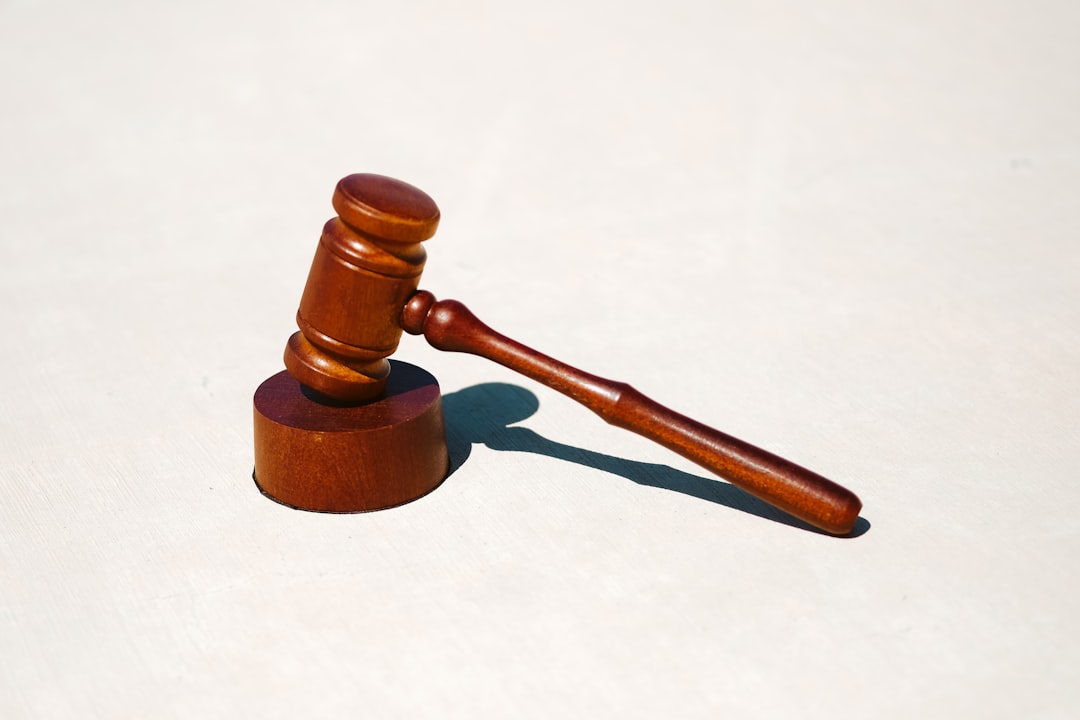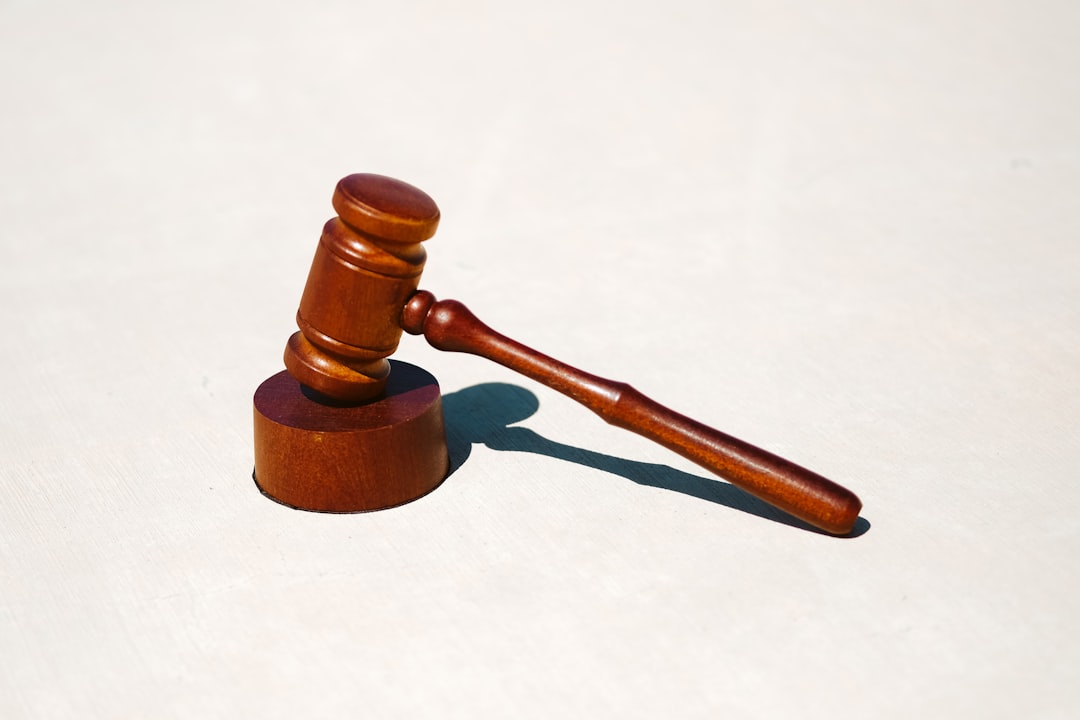In Illinois, securing justice and healing after sexual abuse is possible with the right legal support. Understanding the state’s laws pertaining to sexual assault is crucial for survivors seeking recompense and accountability. This article guides you through the process, highlighting the importance of timely legal action. You’ll discover how a dedicated sexual abuse lawyer in Illinois can navigate complex legal systems, ensuring your rights are protected. Additionally, resources and support services available to survivors are explored, offering a roadmap towards recovery.
Understanding Sexual Abuse Laws in Illinois

When to Seek Legal Assistance for Sexual Assault Cases

If you’ve experienced sexual assault or abuse in Illinois, it’s crucial to understand when and how to seek legal assistance. Many survivors hesitate to take this step due to feelings of shame, fear, or uncertainty about what to do next. However, consulting with a sexual abuse lawyer Illinois can be immensely beneficial, even if charges are not pursued. They can provide guidance tailored to your situation, explain the legal options available, and help you understand your rights under Illinois law.
A sexual abuse lawyer can also assist in navigating complex legal procedures, gathering evidence, and dealing with potential insurance claims or civil lawsuits. This support is especially critical when facing a challenging process that requires emotional resilience. Remember, timing is essential; there are often strict time limits for reporting sexual crimes, so prompt action ensures your rights are protected and potential evidence is not compromised.
The Role of a Sexual Abuse Lawyer in Illinois

When navigating the complex and often traumatic process of filing a sexual abuse case in Illinois, having a dedicated sexual abuse lawyer is invaluable. These legal professionals are experts in handling sensitive cases involving sexual misconduct, ensuring clients receive the support and representation they deserve. A sexual abuse lawyer in Illinois will guide victims through the legal system, providing crucial assistance from initial consultations to trial representation.
Their role encompasses several key aspects: educating clients about their rights, gathering and preserving evidence, coordinating with medical professionals for treatment and documentation, negotiating settlements or preparing for trials, and advocating for just outcomes. With experience in local laws and court procedures, these lawyers can navigate the challenges unique to sexual abuse cases, offering emotional support and ensuring legal accuracy throughout the process.
Resources and Support for Survivors in Illinois







